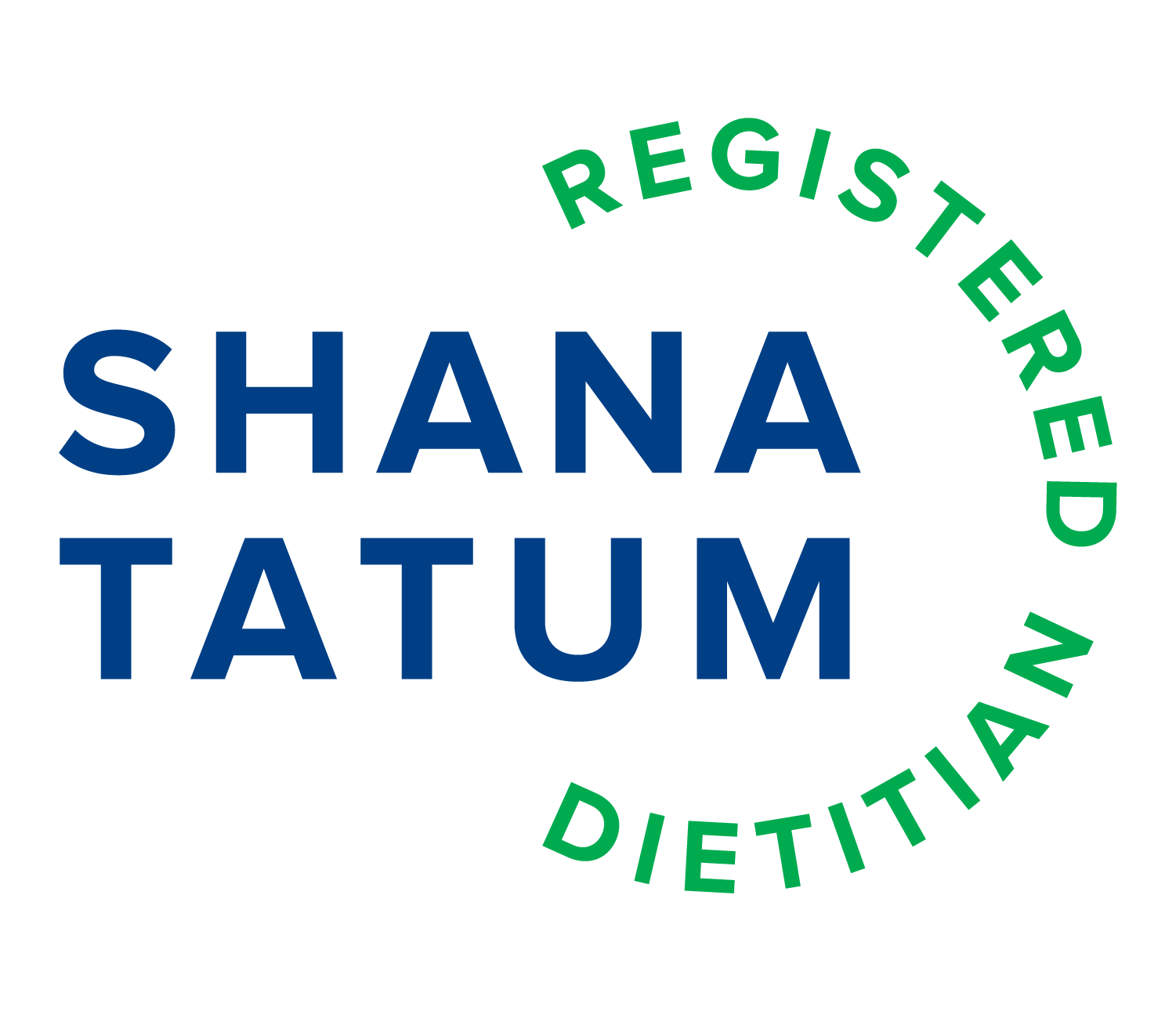Dietary Protein Intake
If you spend any time on social media these days following health, you will have heard the protein story and how you need to increase your intake. Is it true? Do I really need that much protein? Well, it depends.
There are certain conditions where too much protein can increase chronic illness such as with kidney disease and gout. But outside of chronic diseases such as these, and depending on your age, an increased need is likely.
We live in a world with many health fads. Practices like fasting and ketogenic diets have diluted dietary requirements in public health messaging. Because personalized nutrition is how I work with most of my patients, making blanket claims is something I usually avoid. However, there are some recent studies highlighting an increased need for protein compared to the current dietary guidelines.
Proteins are universal in every living organism on earth. Within the human body, protein serves as a fundamental building block for muscles, skin, hair, bones, and virtually all other tissues and bodily components. It plays a pivotal role in ensuring proper muscle development and function, promoting bone health, enhancing the strength of connective tissues, facilitating tissue repair and growth, supporting blood oxygenation, and underpinning basic cellular activities.
All proteins are composed of amino acids, often referred to as the fundamental building blocks of life. Amino acids are the primary components of crucial biological elements like RNA, DNA, neurotransmitters, hormones, and a significant portion of our muscle tissue. It's important to note that our bodies neither store protein nor produce all the essential amino acids required for optimal bodily function. Consequently, it becomes imperative for us to incorporate protein into our daily diets.
The good news is that a diverse array of foods contain protein, ensuring that we have access to this vital nutrient daily. In general, sources include animal and plant proteins, beans and legumes, protein powders, dairy products and nuts and seeds as well as many vegetables.
When intake is drastically reduced it signals to the body to begin breaking down lean muscle mass. This muscle mass is what we want to preserve. Some say it is our most important organ for longevity. With significant weight loss you will see some reduction in skeletal muscle mass (SMM), but over time we want to preserve this, especially if aged 45 and older. At this time, especially for women, adding SMM can become more difficult.
To maintain SMM, two things should occur:
1.) adequate protein intake and
2.) the right type of resistance training to maintain and build muscle mass.
General recommendations would be 1.4-2.2g/kg of body weight. To calculate, first find your weight in kilograms:
1.) weight in lbs./2.2 = kilograms of body weight.
2.) Take body weight in kg x 1.4 = total grams of protein,
3.) and body weight in kg x 2.2 = total grams of protein.
This is the range that is recommended by the International Society of Sports Nutrition. Research also shows that the quality of protein consumed, and the timing and distribution of protein intake throughout the day are important to understand.
This may feel difficult to achieve if you are not used to being protein forward in your meals, of if you are prone to skipping meals. So, let’s review some sources of protein to help you better understand what 30-40g of protein may look like on the plate.
Breakfast: 2 eggs scrambled with spinach, onions and mushrooms with a side of 3/4 cup Greek nonfat yogurt
Lunch: 4-5oz. salmon filet on bed of mixed salad greens and a side of ½ cup quinoa
Dinner: 1 cup lentil and Swiss chard stew and carrots with an arugula side salad topped with parmesan and avocado.
Other examples:
Canned Tuna, 4oz 23g
Chicken, Turkey 4oz. 28g
Ground Bison, 4oz. 23g
1% Milk, 8oz. 8g
1% Cottage Cheese 1 cup 28g
Non-Fat Greek Yogurt, 6oz. 14g
Feta Cheese, 1 oz. 7g
Brown Rice, 1 cup cooked 5g
Quinoa, 1 cup cooked 8g
Oatmeal, 1 cup cooked 6g
Nutritional Yeast, 2 Tbsp 5g
Walnuts/Almonds ¼ cup 8g
Hummus, ¼ cup 5g
Lentils, ½ cup cooked 9g
Tofu, firm 3 oz. 10g
Soy Milk unsweetened, 8oz. 7g
Just as important as the quantity of protein you consume is the timing of your protein intake. Your body functions optimally when protein is distributed evenly throughout the day. And for weight loss, studies show adequate protein in the morning is effective. Consuming protein close to exercise at approximately 10g can be beneficial for promoting lean muscle development. This strategy can lead to enhanced recovery and a reduced post-exercise discomfort.
Try some new things out and see what works for you. If you are used to exercising fasted in the morning, try adding some protein pre or post workout and measure your changes. Enjoy the experiment.
